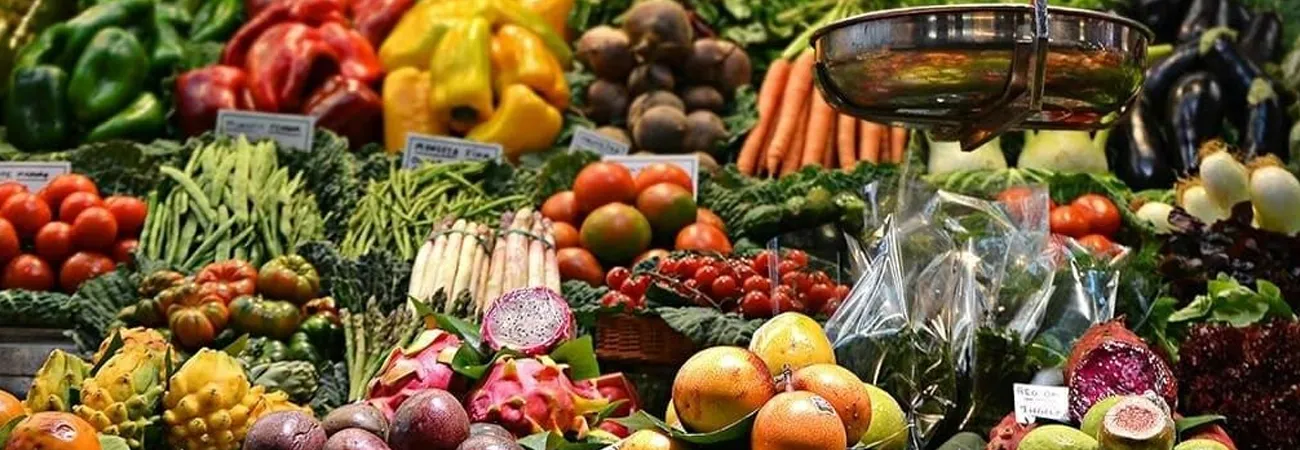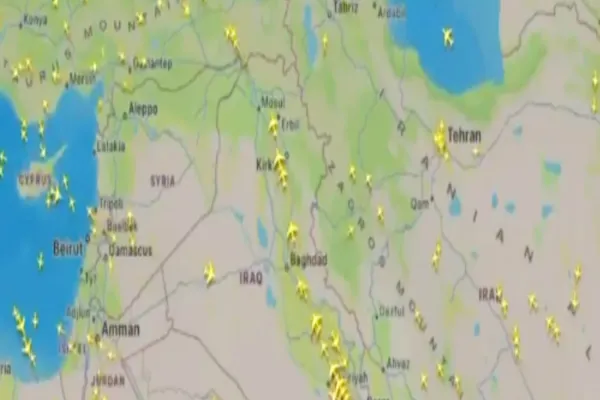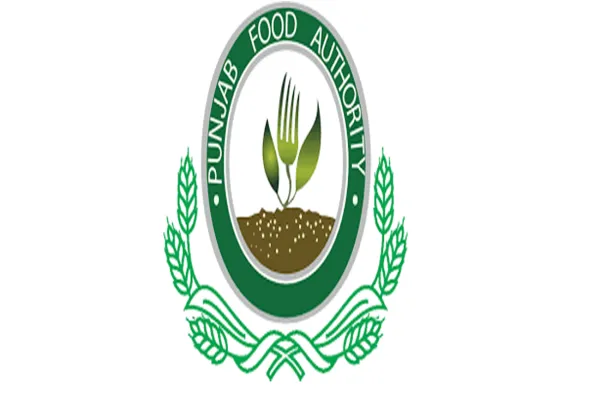i NEWS PAKISTAN
Pakistan’s short-term inflation surged 43.16 per cent in the week ending on Dec 14, primarily fuelled by pulses, rice and vegetables, Pakistan Bureau of Statistics data showed Friday. The weekly inflation remained above 41pc for the fifth week in a row as gas prices, electricity tariffs stood higher than a year ago. On an annual basis, the price of gas charges for Q1 increased (1108.59pc), cigarettes (93.22pc), chillies powder (81.74pc), wheat flour (81.40pc), garlic (71.17pc), rice basmati broken (64.30pc), rice IRRI-6/9 (60.64pc), gents sponge chappal (58.05pc), gents sandal (53.37pc), sugar (50.52pc), gur (50.42pc), and pulse mash (44.80pc). In contrast, the prices of onions dropped 25.11pc year-on-year, followed by mustard oil (4.40pc), vegetable ghee 1kg (2.12pc), bananas (1.05pc) and vegetable ghee 2.5kg (0.95pc).
The index, comprising 51 items collected from 50 markets in 17 cities, is computed weekly to assess the prices of essential commodities and services at shorter intervals. The PBS data showed that the prices of 19 items increased, those of 10 items decreased and those of 22 items remained stable compared to the previous week. The items whose prices saw the highest increase week-on-week included sugar (6.02pc), pulse gram (2.57pc), eggs (2.33pc), rice IRRI-6/9 (1.54pc), pulse moong (1.23pc), georgette (1.16pc), onion (1.05pc), cooked beef (0.76pc), pulse masoor (0.69pc), shirting (0.43pc), long cloth (0.20pc) and LPG (0.16pc). By comparison, the items whose prices dropped the most included potatoes (12.18pc), tomatoes (5.18pc), tea Lipton (2.57pc), chicken (1.19pc), rice basmati broken (0.52pc), mustard oil (0.36pc), garlic (0.33pc) and vegetable ghee 2.5 kg (0.31pc).
Credit: Independent News Pakistan (INP)









